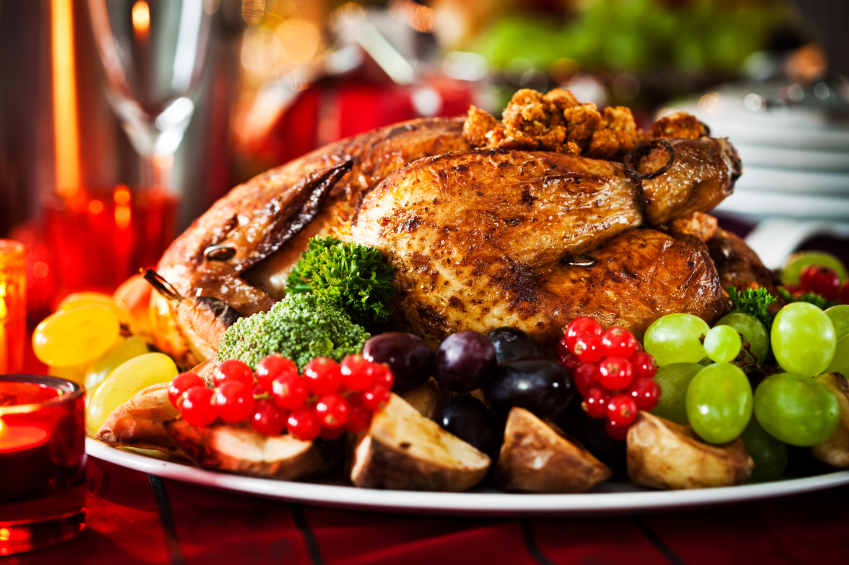Meals during the holidays can be fun, delicious, and sometimes stressful. This page is meant to be a helpful resource to assist you plan and prepare safe and tasty meals this holiday season! On this page you will find:
- An article: ‘Holiday turkey tips’ from UT Extension written by Nutrition Specialist, Janie Burney
- Links to UT Extension Publications about food preparation
- Information for safely storing leftovers
- Sources to contact for more information
If you or your family have any questions this holiday season about safe food preparation, please call UT Extension Agent, Rebekah Melton, at (931) 268-9437.
Happy Holidays, Rebekah Melton
Other helpful sources for food safety questions:
Call the USDA Meat & Poultry Hotline 1-888-MPHotline
(888-674-6854) from 10 a.m. to 4 p.m. EST.
Send E-mail questions to MPHotline.fsis@usda.gov
AskKaren.gov—For automated responses via the Internet 24 hours a day and a live chat during Hotline hours.
UT Extension Publications:
Take the Guesswork Out of Roasting a Turkey
Turkey Basics: Handling Precooked Dinners
Turkey Basics
You are welcome to come by the UT Extension Office to pick up a printed copy of these publications.
Related Links:
Storage of Leftovers
It IS safe to freeze leftover turkey and trimmings — even if you purchased them frozen. Wrap tightly for best quality.
Refrigerator (40 °F or below)
Cooked turkey 3 to 4 days Cooked dishes and gravy 3 to 4 days
Freezer (0 °F or below)
- Turkey, plain; slices or pieces – 4 months
- Turkey covered with broth or gravy – 6 months
- Cooked poultry dishes, stuffing, and gravy – 4-6 months
Freezer storage times are for quality only. Frozen foods remain safe indefinitely.
Contact Information
Dr. Janie Burney
Department of Family and Consumer Sciences
Phone: (865) 974-7402
Email: jburney@utk.edu
Holiday Turkey Tips from UT Extension

For more information about UT Extension’s family and consumer sciences programs, contact your local county UT Extension office or visit their website: http://fcs.tennessee.edu
UT Extension provides a gateway to the University of Tennessee as the outreach unit of the Institute of Agriculture. With an office in every Tennessee county, UT Extension delivers educational programs and research-based information to citizens throughout the state. In cooperation with Tennessee State University, UT Extension works with farmers, families, youth and communities to improve lives by addressing problems and issues at the local, state and national levels.